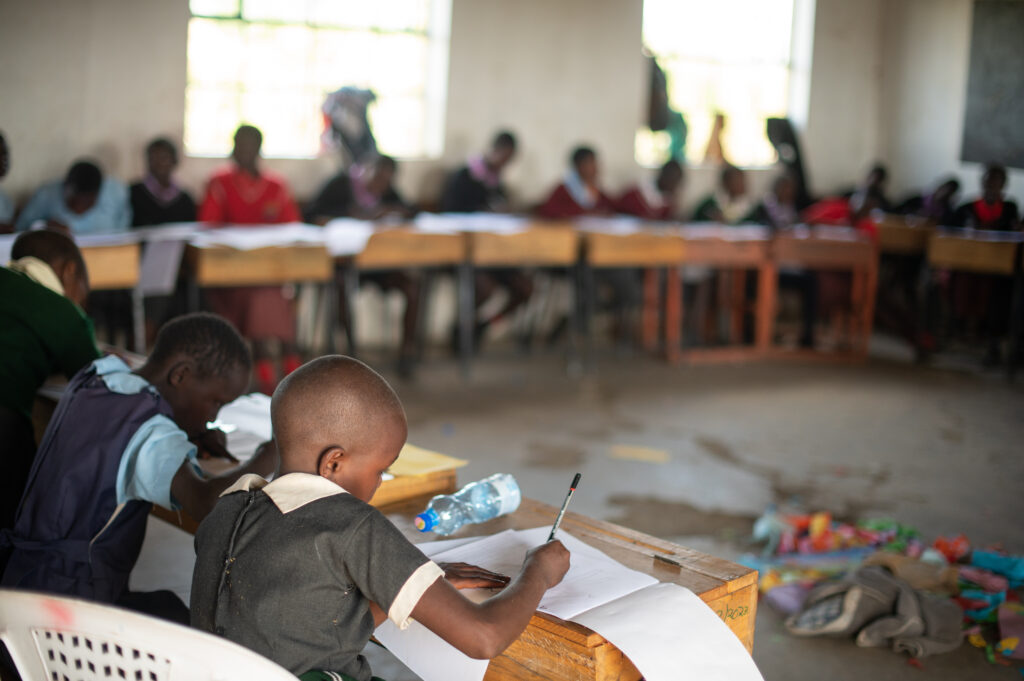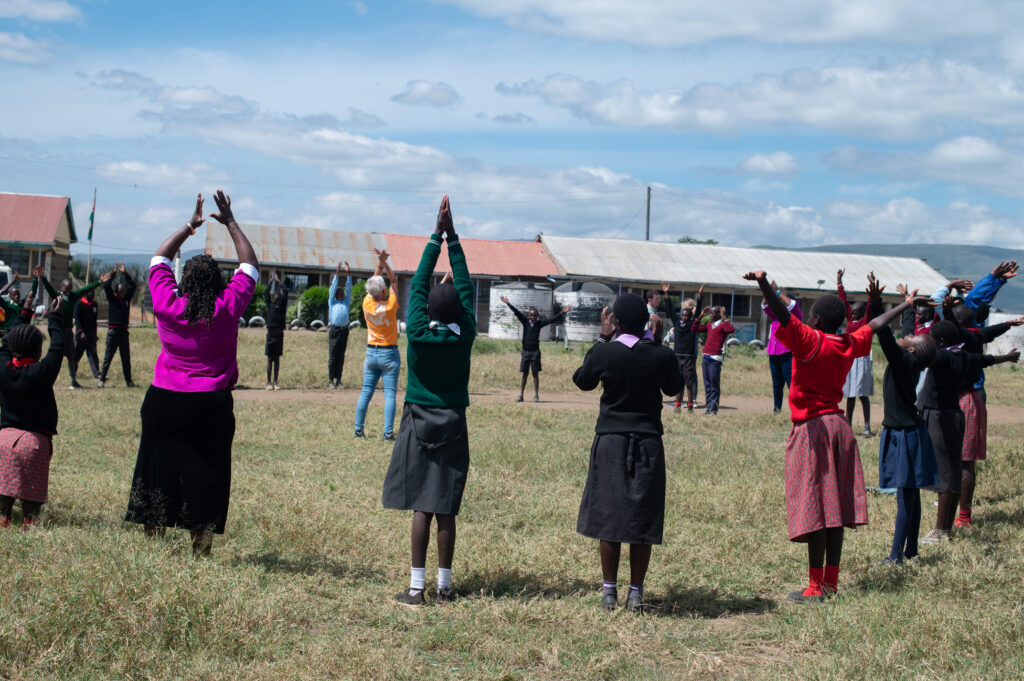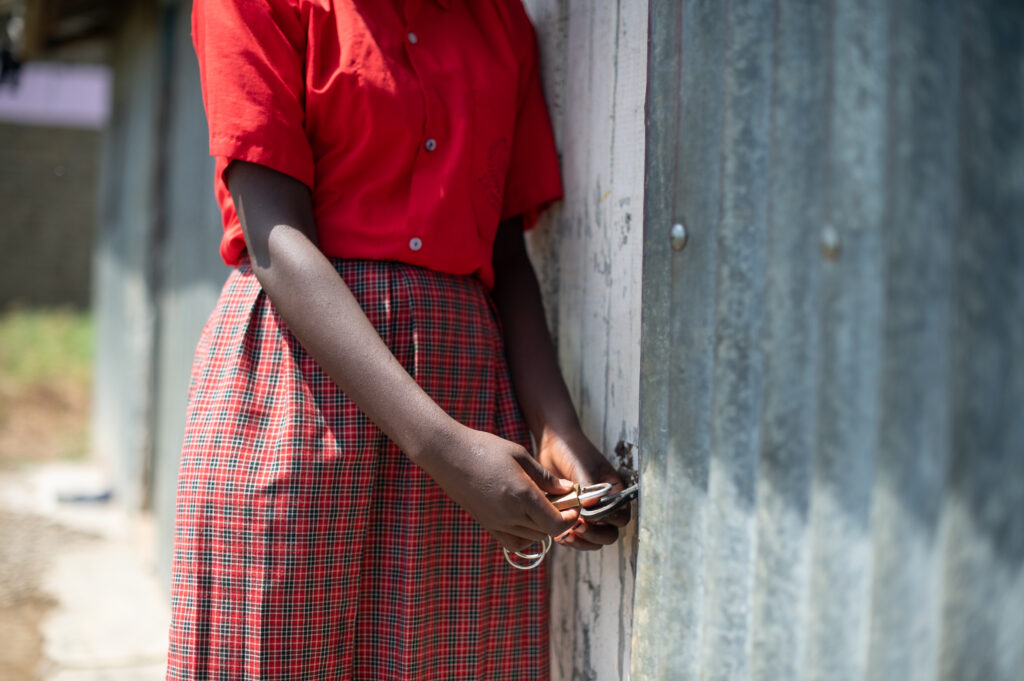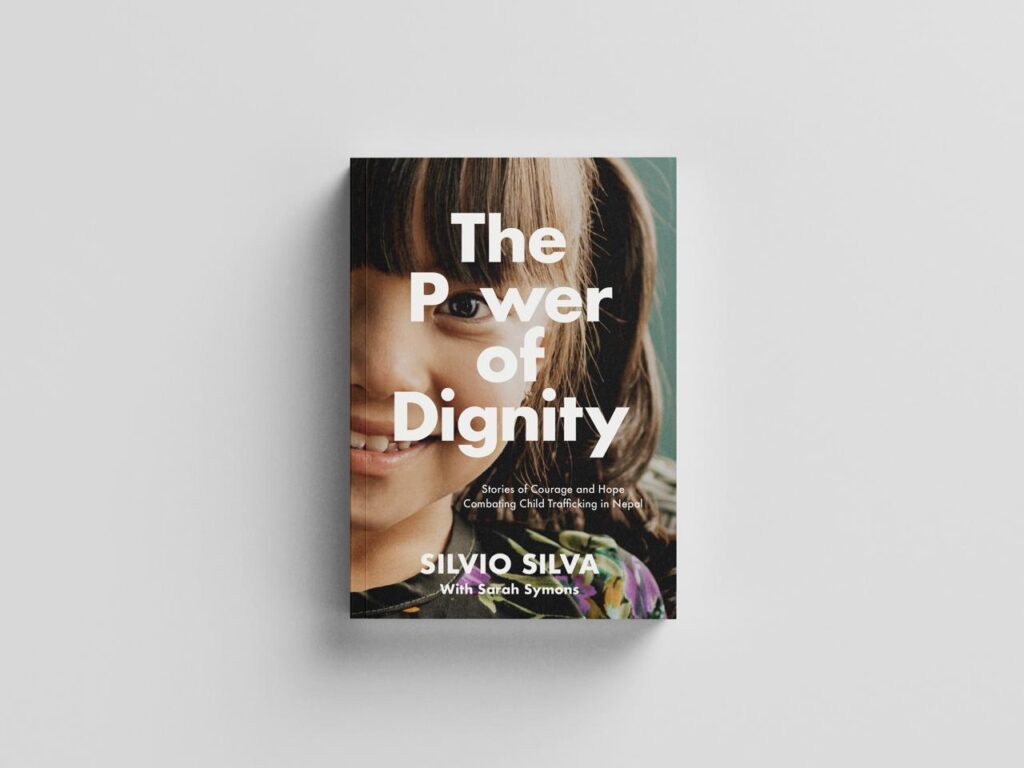Kenya & Nepal
Kenya - Sowing New Seeds
In July, I had the joy of co-leading HFC’s first-ever immersion trip to Kenya. It was a great success.
Background: Last summer, we launched partnerships with two organizations working to protect girls from sexual and gender-based violence in Kenya. We chose to expand into Kenya because it’s a good match for our mission and model of working in the hardest hit areas for sexual and gender-based violence. We will be able to have a powerful impact in Kenya, working with survivors and very high risk girls, and our resources (money and skills) will go far. As we already have deep commitments to our projects in India and Nepal, we are starting slowly. We chose Kenya because:
- Like South Asia, Eastern Africa is a global hotspot for violence against girls
- We already had connections with like-minded organizations in Kenya
- Kenya is politically stable and relatively safe
We chose these 2 groups out of the 8 that I met last year, because they were the most aligned with HFC’s approach, their work is exceptional, and they were as excited as I was to work together.


Suswa & Naivasha: On our first day, we drove to Suswa, a rural town populated mostly by Maasai people. The Maasai are one of 5 nomadic tribal groups in Kenya, who herd their animals from one pasture to the next; thus, they are called ‘pastoralists’. Many pastoralists practice female genital mutilation (FGM), and child marriage – for girls as young as 8 – is common. FGM is not historically part of their culture, but unfortunately this harmful practice has become deeply rooted, despite it being illegal, and despite government efforts to stop it. Trafficking for sexual exploitation, driven by extreme poverty, is also a big problem facing girls in the area.
We have partnered with a local organization – Life Bloom – on an exciting new project: a rescue shelter housed inside a school. When girls are about to be cut, trafficked or forced into marriage, they often turn to their teachers. Teachers in Suswa were taking girls into their own homes, and running out of space. So, they approached Life Bloom with the idea of opening a rescue shelter in their school. HFC provided financial support, and the shelter opened this spring. Temporarily, it is housed in an outbuilding, made of corrugated metal. We need to construct a larger concrete structure before the hot season (our winter) but for now, there is safe space for 8 girls, and girls have begun taking refuge there.
Alongside the rescue shelter, we launched a leadership and peer mentorship program for 41 children in this school and two nearby schools. Children were chosen for this program because they are survivors, or at extreme risk. We spent the day with the leadership kids, offering our usual therapeutic arts projects, and playing games and songs to get acquainted. These kids had not had a lot of visitors (or any) from abroad. We took time building trust with them and shared that we will be working long term on their behalf. Nafiza was with us from Kolkata and she shared about our work with girls there. The kids were surprised, then intrigued, and eventually delighted to meet new friends and advocates from around the world.

One thing that struck me that day was the rawness of the kids. In India and Nepal, we have been working with most of our beneficiaries for several years. They’ve had the benefit of services from HFC and our local partners. They’ve had their basic needs – and emotional needs – met for some time, and it shows in their appearance and behavior. In Suswa, the program is brand new, and the kids are still wary. Their wounds are visible – not in the physical sense, but emotionally. They are just beginning to see a path to a different kind of life. Spending the day with them was intense, reminding me of the early days of HFC. The difference is that now, we know what works, and how best to help. We all felt motivated to support these children in getting to the same level of wellness, hope, and empowerment as our girls in India and Nepal.
We also spent time with teachers from all three schools participating in the program, as well as the local Chief, and some parents. It was beautiful to hear their perspectives, and inspiring to meet people courageous enough to stand against the accepted norms of their community.
Life Bloom is led by leadership coach and author Catherine Wanjohi. Over the past 20 years, one of her signature projects has been training survivors and marginalized people to provide coaching and counseling to the community. On our second day, we had the joyful privilege of participating in a graduation ceremony for 41 Community Counselors.
The event was glorious! The graduates have completed 6 months of intensive training. Many are survivors of sexual or gender-based violence. A few are living with disabilities, including two women who are blind. They all come from marginalized communities and have experienced oppression their whole lives, but are not defined by their struggles or backgrounds. Instead, they are prepared and excited to lift up others.

Over the next 5 years, these counselors will serve approximately 14,400 people! I am so excited to support such a powerful and unique model for survivor leadership.
Grace, one of the graduates, said in her very moving speech:
”I may be blind, but now my life is full of light. I can no longer be silent.”
After saying that, she burst into song, and we all burst into tears of joy and inspiration.
Samburu: The next day, we drove 5.5 hours (on some pretty rough roads) to Maralal, a town in Northern Kenya. We spent the next few days at Samburu Girls Foundation shelter. There were 61 girls residing in the shelter, aged 6 to 15. They have been rescued from child marriage, FGM and trafficking. Another 60+ girls are away at boarding high schools or in college. When they come back for school holidays, the shelter population swells to 160.
We started with a meeting with the staff. It was very emotional because many of the staff members are survivors who grew up in the shelter. They shared their stories which were brutal. One young woman had been married at 5.
“After girls have undergone FGM, they are expected to get married immediately the following day. The fact that they are still children does not exempt them from such a heavy responsibility. Marriage for girls can lead to complications in pregnancy and childbirth, one of the main causes of death of young girls aged 15-19 in Kenya” – SGF website
Another girl had been trafficked by her family through the practice of ‘beading’.
“Beading is a major cultural practice in the Samburu community. Young warriors aged 15-25 years are not allowed to marry. Hence girls as young as 9 are assigned to them. The young girl is adorned with red beads, signifying ‘engagement’ for sexual purposes only. The mother of the beaded girl builds a hut outside their manyattas where young men visit the beaded girl to engage in sexual activity at any moment they wish” – SGF website
Many of the staff and girls have experienced FGM, which 76% of women and girls in this area go through.
We worked with the leadership team on a strategy for the partnership. And, we offered two days of arts programming, games and songs, yoga and other activities to the girls and staff. We were delighted when the staff requested more comprehensive yoga and yoga teacher training, which Amanda is putting together for them. We particularly enjoyed spending time with the ‘Accelerator’ group – girls who have been rescued very recently (some only a week before) and are doing remedial education and counseling in preparation for enrolling in mainstream schools.


The girls who had been at the shelter longer were confident, empowered, and strong academically. They are living proof of this program’s effectiveness. Counseling and mentorship is a real strength here. The staff members who grew up in the home, and the college girls I met last time I visited are inspiring examples of the life-changing impact of long term interventions. Providing shelter and education to a girl who is rescued at age 8 or 9 is a big commitment. In my experience, this is the best (possibly only) way to successfully break systemic cycles of exploitation and poverty.
The shelter is much too small for the number of girls living there, and needs to be expanded and updated. This will be the focus of HFC’s support of this project over the next year or two.
We will be leading this trip again in summer 2025. Please join us!
Nepal: Reaping the Benefits, 20 years On
Nepal was the reason I started HFC – after seeing a documentary about trafficking of girls from Nepal to India. I first visited in 2004, and have been there almost every year since. And every time it gets better. Anjali – a survivor-activist sponsored by HFC since 2009 – opened the Freedom School in 2021, with HFC as her core partner. Since then, I’ve been going a couple of times a year. Each time I go, my energy and joy for this work is renewed and multiplied, because it is the fulfillment of so many dreams…
It’s a dream to see a young woman who I met a week after she was rescued, who even then had a vision to save the next generation of girls in her village, now realizing that vision.
It’s a dream to see 150 children safe, free and educated, including many who had left school and were in peril, and some whose mothers and sisters are right now in the red light areas of India.
It’s a dream to walk alongside Anjali, helping solve problems big and small, and being there for moral support when a problem can’t be solved.
It’s a dream to see the community changing, becoming a little safer for girls every time I visit, as more parents and community members embrace Anjali’s anti-trafficking message.

After a week in the village, I spent my last few days in Kathmandu, with The Apple of God’s Eyes – our longest partnership (since 2008) and very dear friends. While at Apple, I got to visit with several young people that HFC sponsored for school and college, who are doing amazing things in the world (teacher, social worker, environmental engineer, fashion designer for film & TV, accountant, programmer, and more), and met the next batch of students we will be supporting. I have just co-authored a book with Apple founder Silvio Silva, now available on Amazon.
As always, thank you for walking with us, trusting us, and sharing our belief that girls like these are worth helping!


